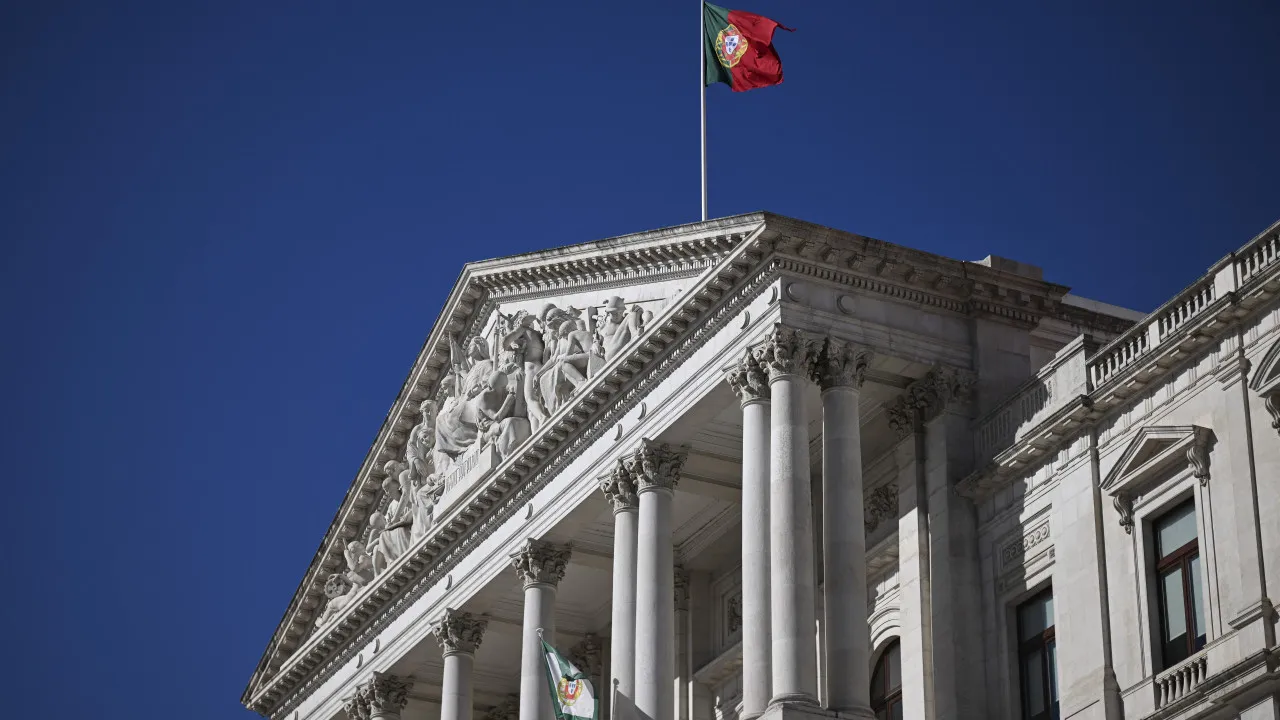
The reprogramming of Portugal’s Recovery and Resilience Plan (PRR) was approved by Brussels on Friday. This reconfiguration introduces cuts in areas such as housing, mobility, and water management. However, the Portuguese government intends to compensate for these reductions using alternative funding sources, particularly the Portugal 2030 program and the State Budget.
The Minister for Territorial Cohesion, Castro Almeida, emphasized in a statement that the aim is to ensure timely progress in all initiatives, complete full execution of PRR grants by the end of 2026, and utilize the Portugal 2030 funds for strategic investments. While the total endowment of the plan and its distribution across programs remains unchanged, the minister assured that this reprogramming allows for better resource allocation, marking a crucial step in accelerating program execution.
During an event focused on the PRR in Lisbon, Castro Almeida indicated that the plan is no longer delayed, acknowledging the challenging path ahead for both governments and public administration. He cited several indicators, such as the number of milestones and targets achieved, showcasing Portugal’s position as fifth among the 27 EU member states in these aspects.
Portugal ranks seventh concerning reimbursements, whereas it holds the second position in Brussels for the number of payment submissions, as well as for the payment requests already received. The minister also indicated that Portugal is prepared to submit its seventh payment request within this month.
The PRR, scheduled to run through 2026, aims to implement a series of reforms and investments to rejuvenate economic growth. Besides addressing the damages wrought by the COVID-19 pandemic, the plan is designed to support investments and bolster job creation.




